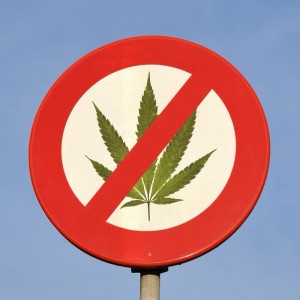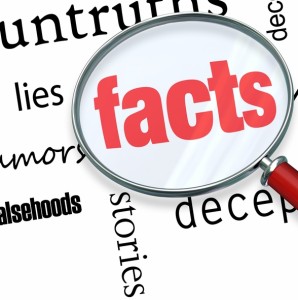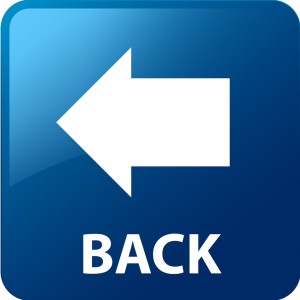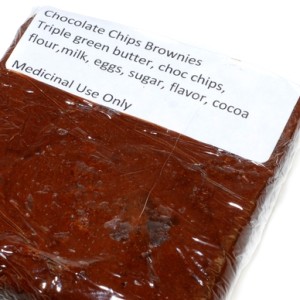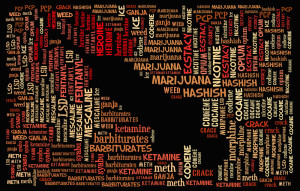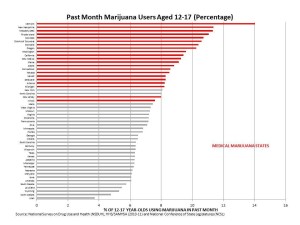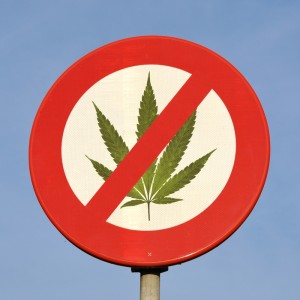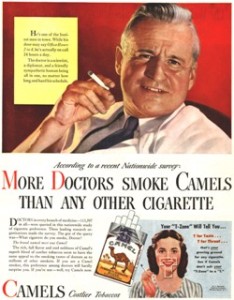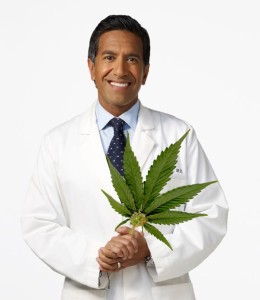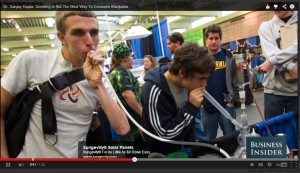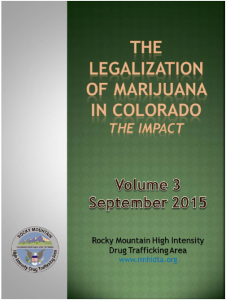
2015-04-09
The Rocky Mountain High Intensity Drug Trafficking Area (HIDTA) has published its latest report on the impact of marijuana legalization/commercialization in Colorado.
As you will see, Colorado’s failed marijuana commercialization policy is negatively impacting schools, our healthcare system, youth and adults, and community safety.
This is the third report from Rocky Mountain HIDTA–Read it here. The new report and copies of the previous two can be found here.
While the state continues to only put out revenue figures, the costs continue to grow. What this new report and growing data continue to show is voters in Colorado were deceived and marijuana commercialization is a failed policy approach.
The latest report highlights include:
- Impaired driving related to marijuana is increasing
- Colorado marijuana use rates exceed the national average in every age category, including almost a third of 18-25 year olds using
- School drug related expulsions/suspensions are up dramatically since commercialization began under the guise of medicine in 2009-10
- Marijuana related ER visits are continuing to go up
- Marijuana related hospital discharges (at least an overnight stay) are up
- More marijuana calls to poison control and youth poisonings
- Illegal diversion of marijuana continues to grow
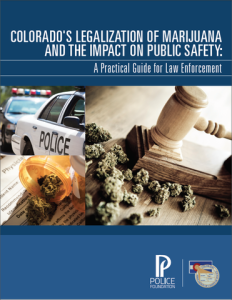
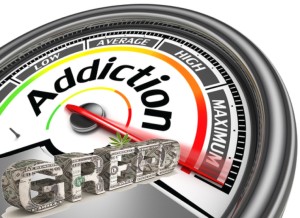
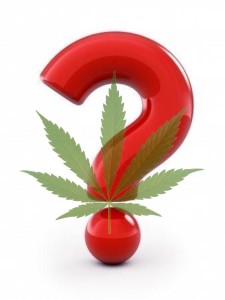
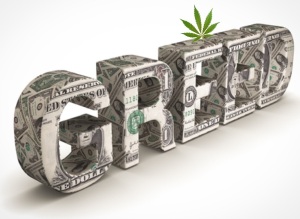
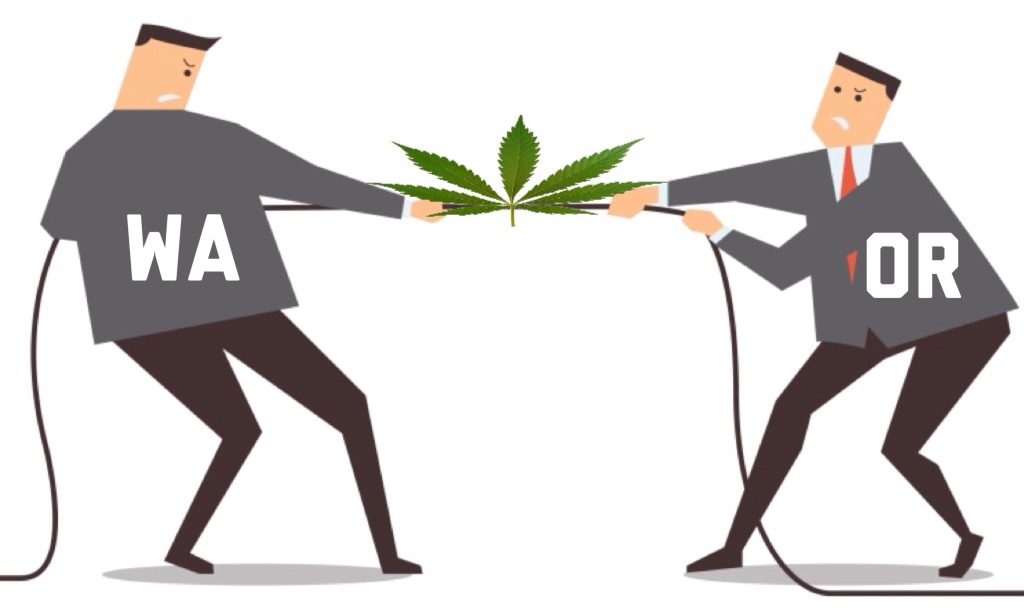

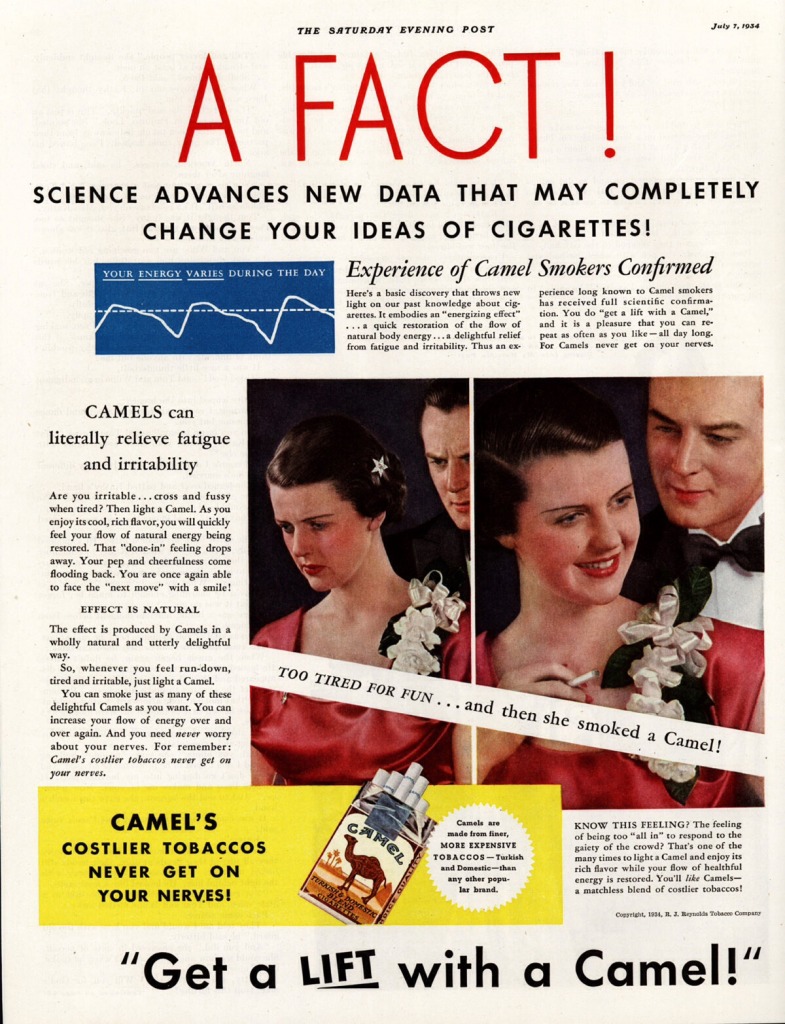
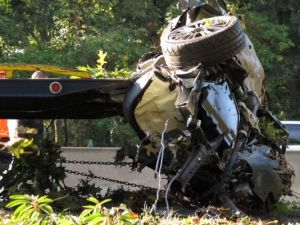

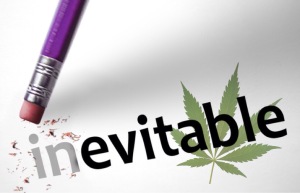
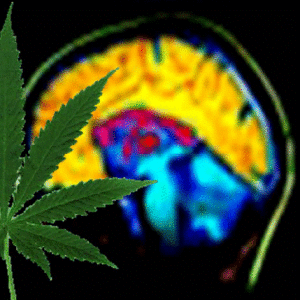


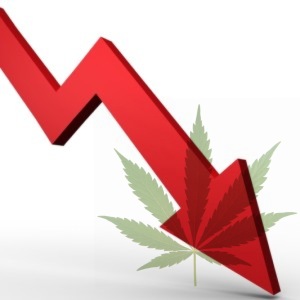




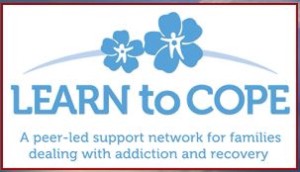
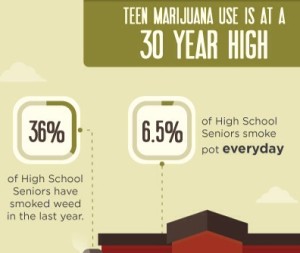
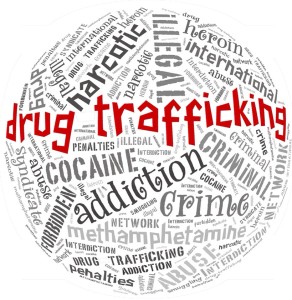

 Some criminologists fancy pot legalization as a magical scheme to get control of the black market for this drug, simple economics easily predicted what is actually occurring when states legalize and “regulate” pot. The black market thrives in the midst of expensive and aggressive “legitimate” pot markets.
Some criminologists fancy pot legalization as a magical scheme to get control of the black market for this drug, simple economics easily predicted what is actually occurring when states legalize and “regulate” pot. The black market thrives in the midst of expensive and aggressive “legitimate” pot markets.